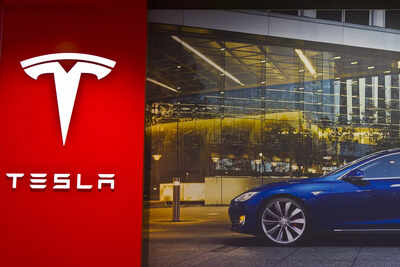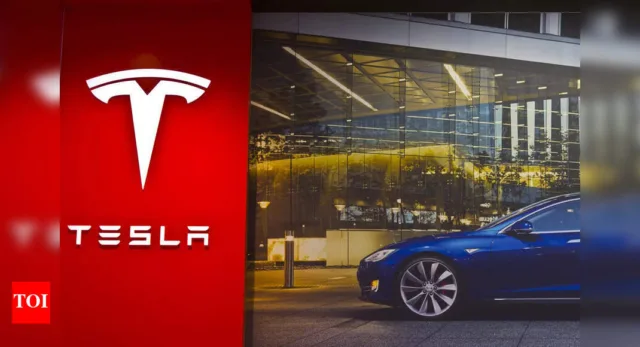
Tesla tops ADAS performance test on China’s highways, outperforming BYD, Xiaomi and Huawei in trials by CCTV and Bytedance’s auto unit Dcar.
Tesla outperformed Chinese competitors like BYD, Xiaomi, and Huawei in a test of Level 2 advanced driving assistance systems (ADAS) conducted on China’s highways. The test, reportedly a collaboration between state television CCTV and Bytedance’s auto unit Dcar, evaluated over 20 electric vehicle brands in high-risk highway and urban traffic scenarios. Videos of the test, shared by Dcar, gained significant traction on Chinese social media.Tesla CEO Elon Musk too responded to a post on these tests. Sharing details of these tests, Tesla investor and Model Y owner Sawyer Merritt, wrote, «NEWS: Chinese media tested ADAS in various scenarios, including highways & night driving. @Tesla’s vision-based system outperformed emerging Chinese brands like Huawei & Xiaomi, as well as traditional automakers. Even with LiDAR, competitors’ ADAS performance lags behind Tesla.» Below he shared all the parameters and one-and-a-half-hour video. Elon Musk highlighted on Twitter that Tesla achieved these results despite restrictions on local data training due to U.S. laws prohibiting AI software training in China. «Due to laws against data export, Tesla achieved the top results in China despite having no local training data,» Elon Musk said on his Twitter account. Tesla is seeking approval from Chinese regulators to transfer Shanghai-stored data to the US for algorithm development, a situation Musk called a “quandary.”As per the tests published by TikTok owner Bytedance’s auto unit Dcar, Tesla’s Model 3 and Model X topped the highway test, passing five out of six scenarios, while BYD’s Denza Z9GT and Huawei-backed Aito M9 failed three, and Xiaomi’s SU7 passed only one. HIMA, Huawei’s auto alliance, declined to comment on the test, per a Weibo post. A Reuters report quoted Wang Yao, deputy chief engineer at the China Association of Automobile Manufacturers, urging Chinese brands to address the gap with Tesla in autonomous driving technology during a recent Shanghai auto forum. Xiaomi CEO Lei Jun, referencing a Tesla Model Y’s autonomous delivery in Texas last month, acknowledged Tesla’s industry leadership, stating, “We will continue to learn.” In late June, Tesla arranged for a Model Y crossover to drive itself from its Texas factory to a customer in downtown Austin some 30 minutes away.The test follows heightened safety concerns in China after a fatal March accident involving a Xiaomi SU7, prompting scrutiny of ADAS marketing. Chinese authorities have banned terms like “smart driving” and “autonomous driving” in promotions, and the public security ministry warned of legal and safety risks for drivers relying on these systems. Despite a brief dip in Xiaomi’s EV orders post-accident, its new electric SUV saw strong initial demand last month.Tesla’s China-made EV sales rose 0.8% year-on-year in June, ending an eight-month decline, though quarterly sales continued to lag amid competition from lower-cost Chinese models. Tesla’s ADAS, priced at nearly $9,000 in China, relies solely on cameras and AI, unlike rivals like BYD, which incorporate lidar for enhanced performance.









